Introduction
Red cabbage is one of the healthiest types of food that people can have. It’s rich in vitamin B6 and vitamin C, so it makes a great addition to the dinner table. But can dogs eat red cabbage without experiencing any health issues?
You can find out the answer to this question and more in today’s article, so keep on reading!
Is Red Cabbage Good for Dogs?
Antioxidants
Red cabbage is actually richer in these nutrients compared to regular white cabbage. It contains a variety of antioxidants, such as carotenoids, flavonoids, as well as kaempferol.
All of these antioxidants effectively prevent aging but can also prevent deadly diseases such as cancer. So, if you want your dog to live a healthy and long life, giving them red cabbage every now and then can, in fact, be a good thing.
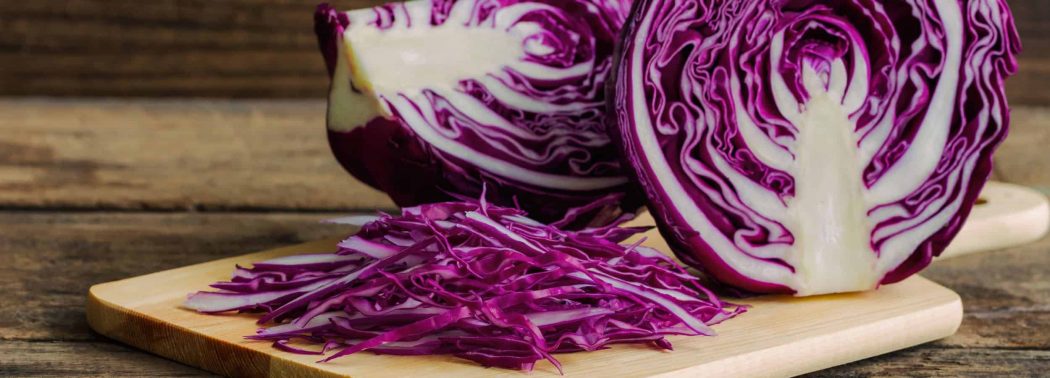
Vitamins
Red cabbage is packed in vitamins. It contains vitamin A, which is good for your dog’s eye health, but it also has vitamin B6 and vitamin E.
Vitamin B6 is an extremely important nutrient for the health of the nervous system. It can prevent cognitive disorders in senior dogs and it can also reduce the signs of depression and anxiety, which can definitely affect pets that have recently changed homes or that were taken to the vet.
As for vitamin E, it is involved in a number of body processes, from making sure that your dog’s eye vision is healthy to ensure that your pet has a good-looking coat. It’s also important for the blood and the brain, so it’s among the healthiest vitamins out there.
Minerals
Red cabbage contains several different minerals, but some of the most notable ones are calcium and magnesium. As you probably know, calcium is particularly important for puppies, although red cabbage might not be recommended for them if they have sensitive digestion.
Calcium and magnesium work together alongside other nutrients, such as potassium, which can also be found in red cabbage — there is a cell pump that ensures that everything in and around the cell membranes that effectively compose your dog’s tissues and organs is functioning properly.
Also, calcium is important for bone health, and dogs that don’t get enough of it can develop rickets (which can show up in puppies) or osteomalacia, or osteoporosis (which tends to affect seniors).
Is Red Cabbage Bad for Dogs?
Thiocyanate
This is a rather complicated compound that can be found in red cabbage. In some cases, especially if the dog is sensitive and has a less functioning immune system, it can trigger thyroid disorders.
Unfortunately, thiocyanate is present in pretty much all the members of the Brassica family, which means that not just red cabbage can be listed here. Broccoli, white cabbage, kale, Brussel sprouts, bamboo shoots, as well as turnips (and even mustard) also contain thiocyanate.
As such, for dogs that suffer from hypothyroidism and are taking medications for this condition, red cabbage is clearly not a good option.
Digestive distress
Dogs can experience the same digestive issues that humans can get after eating a lot of red cabbage — which means bloating and tummy aches.
Most pets do not tend to experience severe symptoms, which is why it’s quite likely that you are not going to end up at the veterinary hospital. However, it’s still unpleasant to see your dog being in pain, and the flatulence isn’t nice for anyone in the household, either.
Germ contamination
This is a risk that comes up whenever you are giving your dog any fresh fruit or vegetables. Because these foods often come from the ground or were handled by various people while being packaged, you should make a goal out of attentively washing them.
One of the ‘mildest’ problems that a dog can develop in this case would be food poisoning. But did you know that some soils can actually contain Bacillus anthracis spores? Anthrax is a dangerous disease for both pets and people, so make sure you wash your produce thoroughly.
How Much Red Cabbage Can My Dog Eat?
Since red cabbage isn’t a common food type that dogs are supposed to have every day, it’s difficult to say just how much is too much or enough.
We’d argue that regardless of your dog’s age, health status, or size, one tablespoon of red cabbage per week is not going to cause any problems whatsoever.
How to Prepare and Serve Red Cabbage to Your Dog
Fresh red cabbage is the best if you want to make sure that your dog gets all the right nutrients. Just make sure that you clean it properly and then chop it up into small bits so that they do not present a choking hazard.
Some dogs might not show any interest in red cabbage at all, and let’s face it — this vegetable doesn’t have a particular smell, and it definitely does not smell like bacon. If your pet is not a red cabbage aficionado, don’t worry about it. Your dog is probably getting the right nutrition from their kibble or canned food anyway.
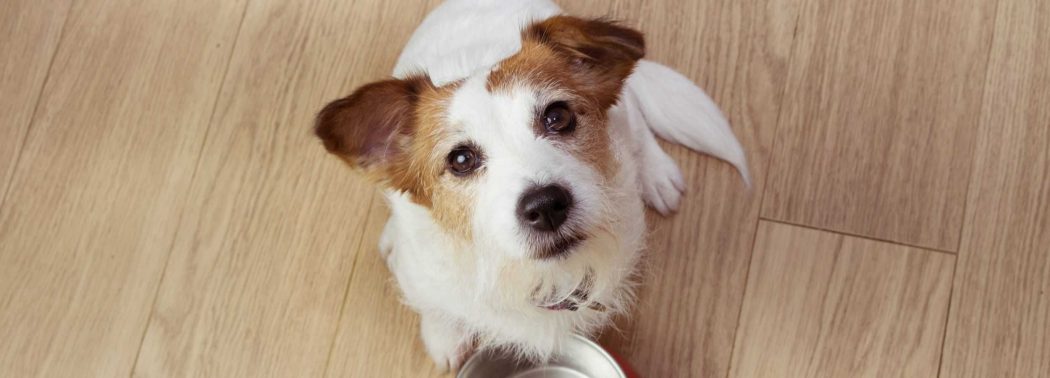
Frequently Asked Questions
No. Pickled red cabbage is actually dangerous for dogs because it’s kept in brine, which means that it contains massive amounts of salt. Also, some varieties are spicy, and paprika and other such spices can also make your dog experience digestive distress. Avoid giving your pet pickled red cabbage.
Yes. It might not be as healthy as its raw counterpart, but cooking the red cabbage also makes it easier to digest. On top of that, you can add a bit of lean meat to the recipe, and your dog is going to love all the juices and the cabbage, too.
Yes. This is perhaps the best way red cabbage is supposed to be given to dogs. If it’s clean and chopped up in tiny bits, it’s also easier to munch on. You might have a bit of trouble convincing your dog to eat it, though.
Summary
So, can dogs eat red cabbage? Yes!
Small amounts of red cabbage are safe for dogs. However, as is the case with any other type of food, your pet can have too much of it, in which case they could experience digestive problems. To avoid this, limit the amount of red cabbage you feed your dog on a weekly basis.
For any dilemmas or questions you might have regarding your dog’s diet, we urge you to get in touch with your veterinarian. They are the best person to ask in this case as they know if your dog has any health issues and if they should eat ‘people food’.
Sources
- Anthrax in a backyard domestic dog in Ukraine: a case report, Jason K. Blackburn, Artem Skrypnyk et al, 2014
- Calcium deficiency: a problem in growing and adult dogs: two case reports, N. Becker, E. Kienzle, B. Dobenecker, 2012
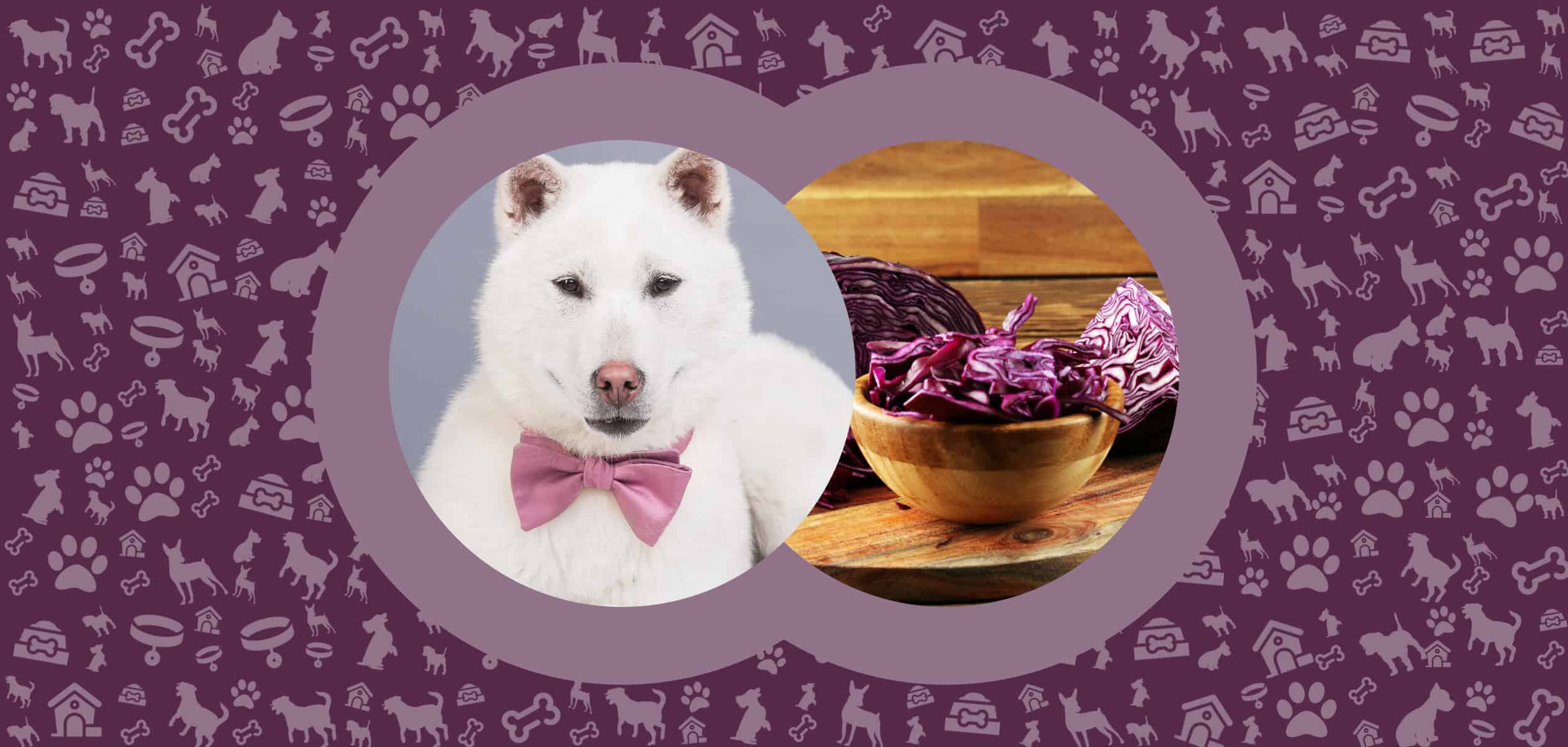
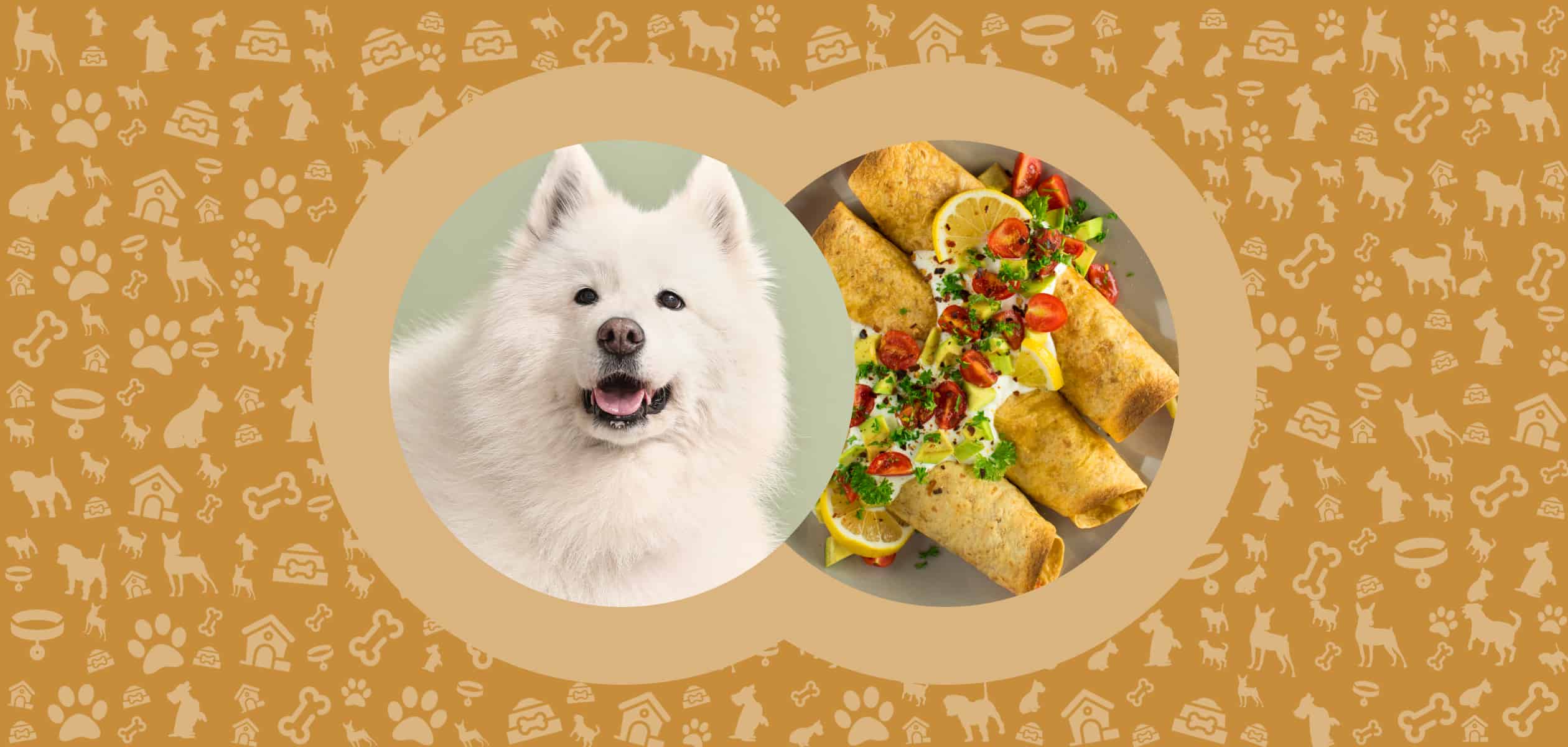
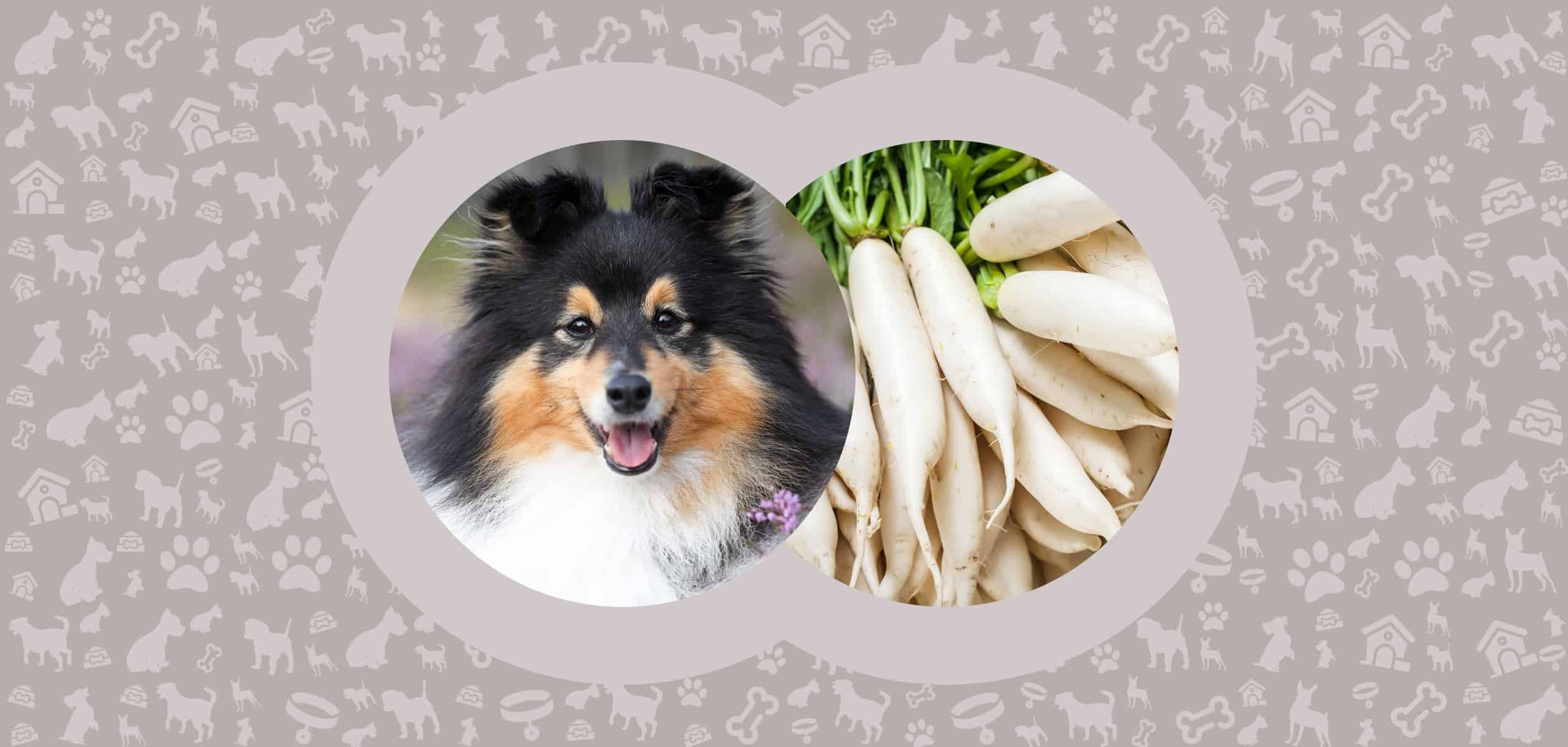
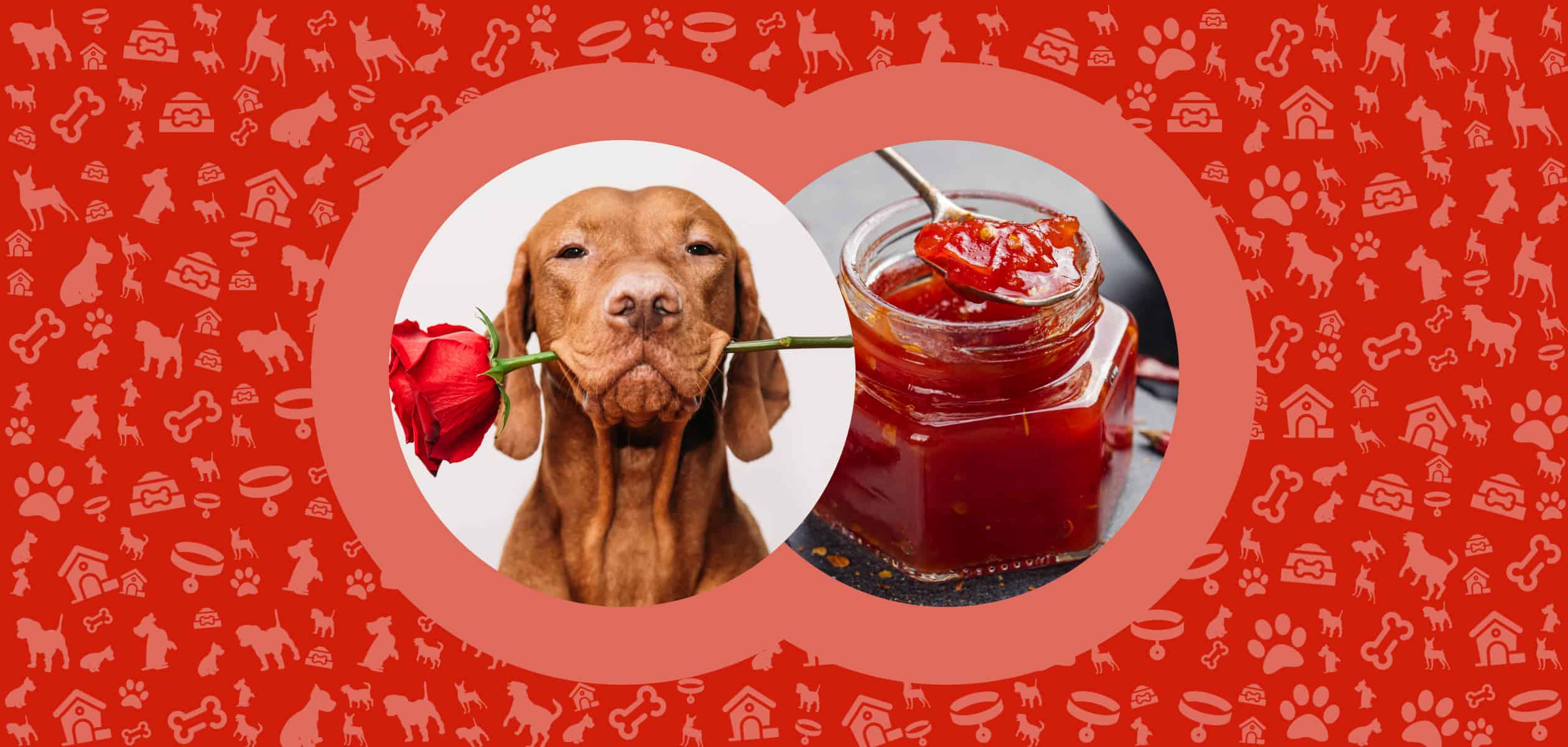
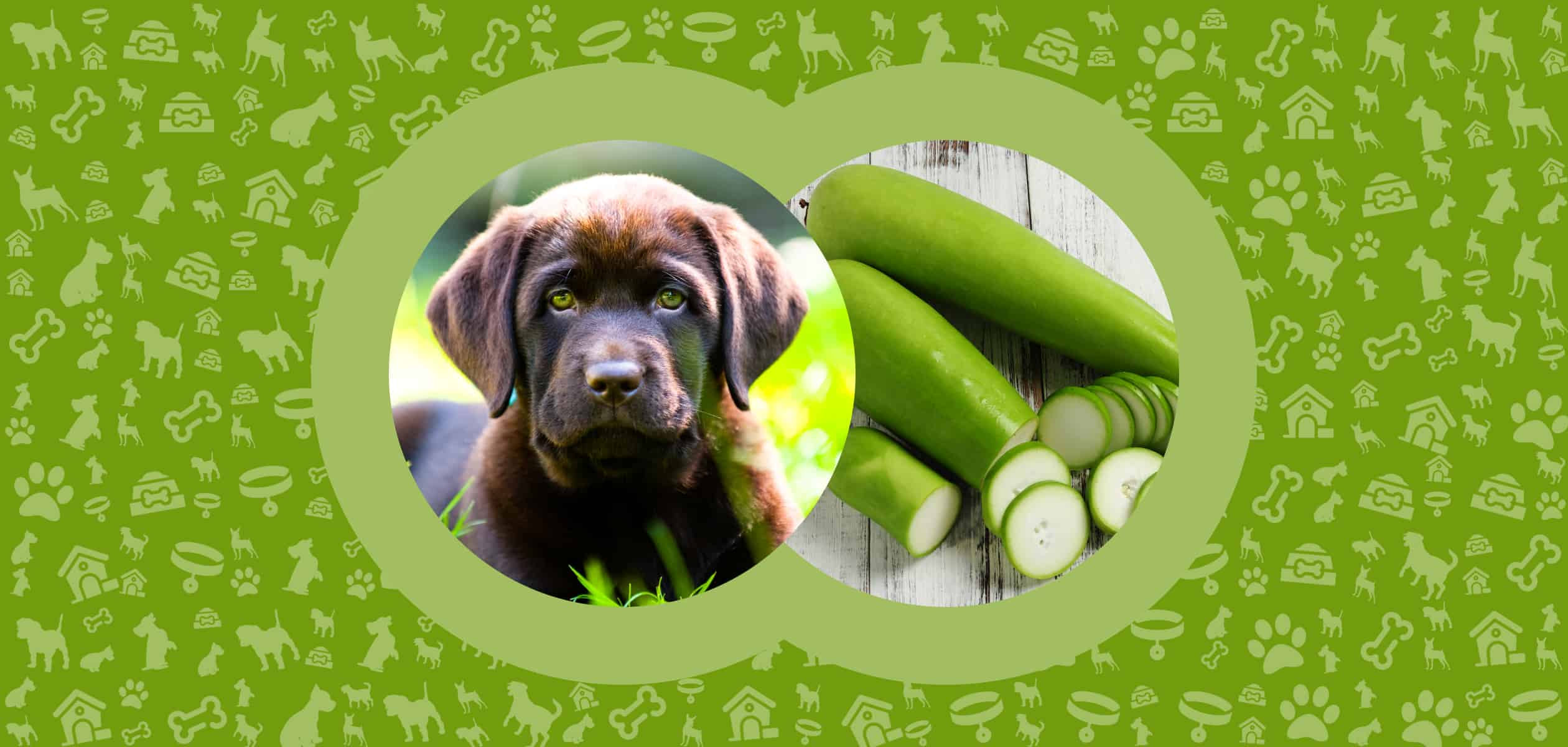
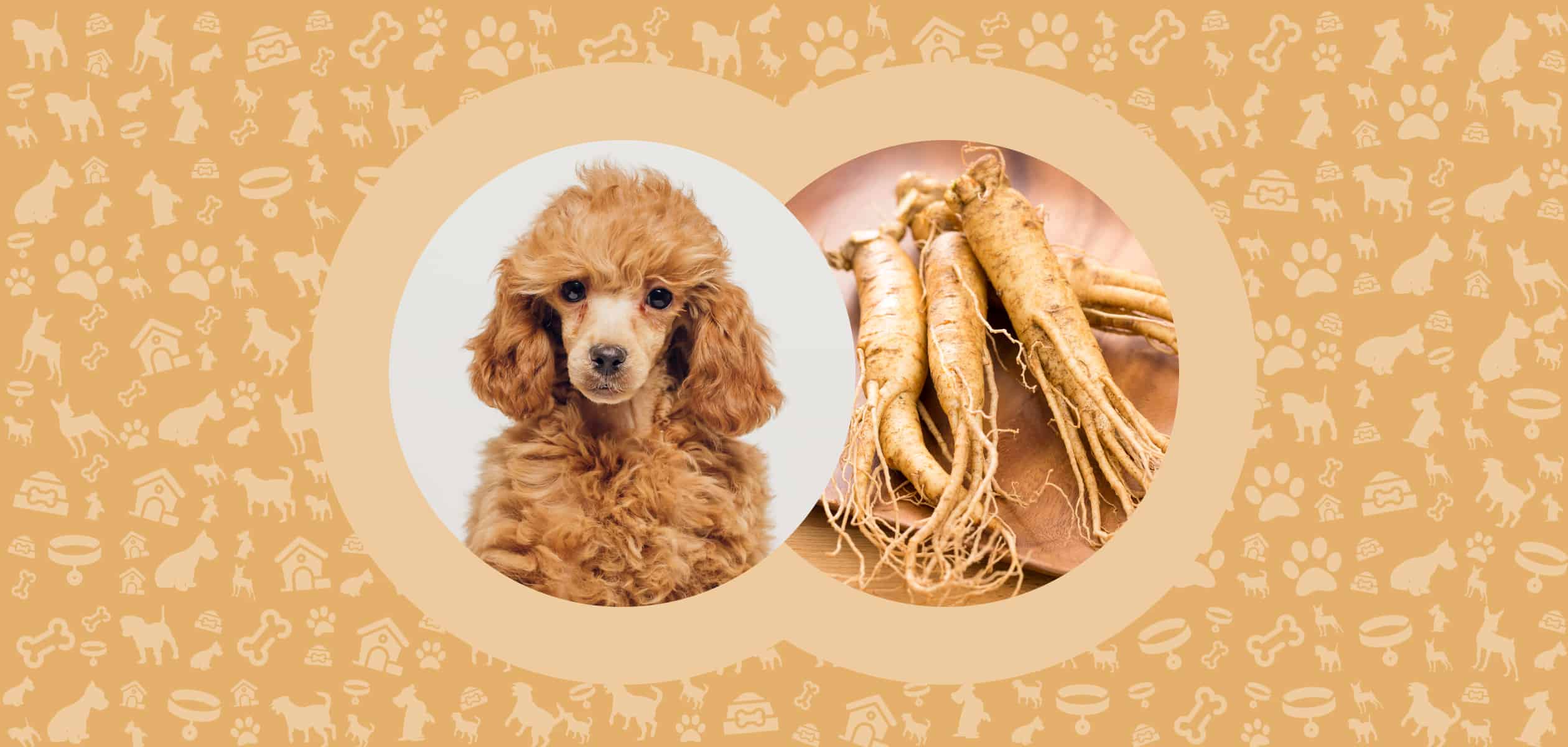
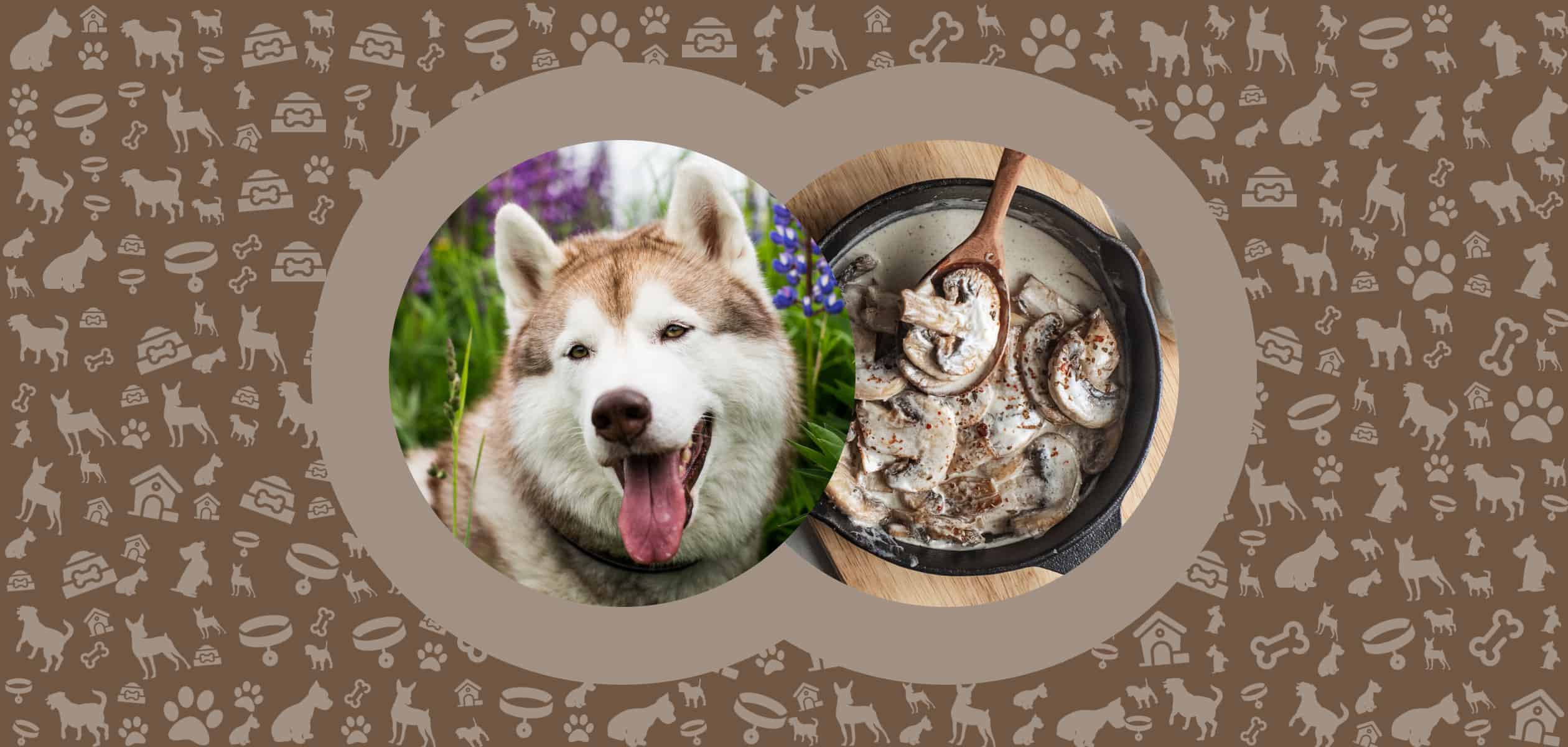
Leave a Comment